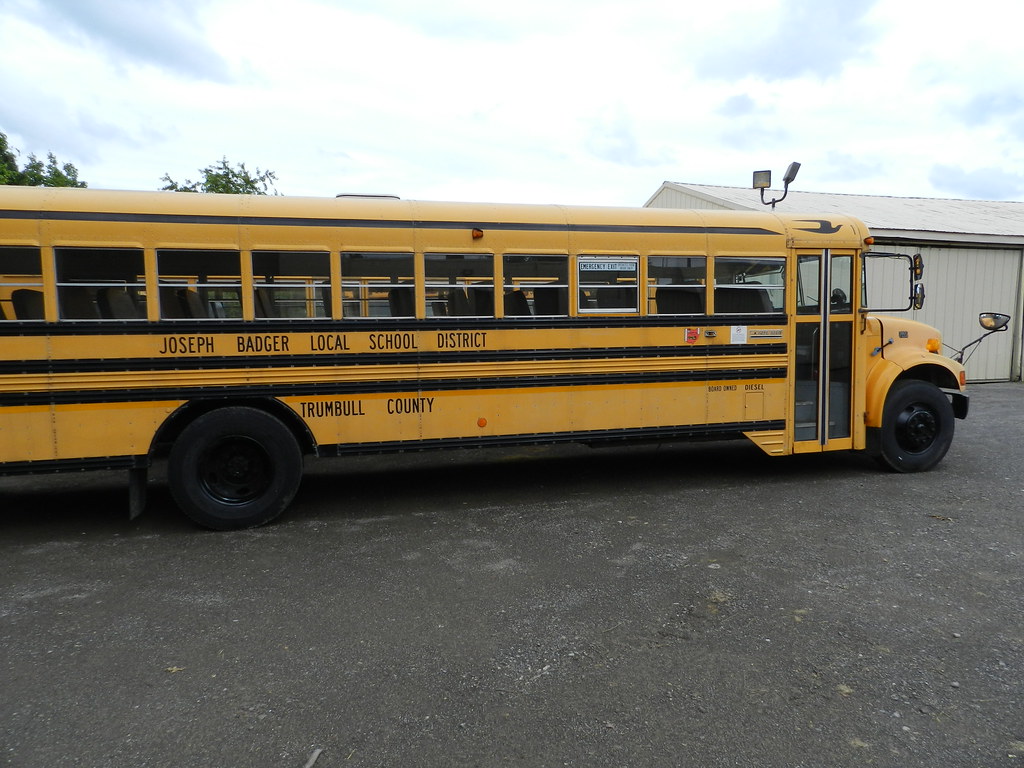Badger schools have become a topic of interest for many parents and educators alike, as they strive to provide quality education in a nurturing environment. In this article, we will delve into what badger schools are, the unique features they offer, and why they stand out in the educational landscape. With an increasing number of families seeking alternatives to traditional schooling, understanding the fundamentals of badger schools is essential for making informed decisions.
The concept of badger schools is rooted in the belief that children learn best in environments that are not only academically enriching but also emotionally supportive. These schools often emphasize experiential learning, creativity, and the development of social skills. As we explore this topic, we will address various aspects, including the curriculum, teaching methods, and the overall philosophy that guides these institutions.
In addition to discussing the educational framework of badger schools, we will also look into the data and research that support their effectiveness. In an era where educational choices are paramount, having a thorough understanding of badger schools can empower parents to make the best decisions for their children's future.
Table of Contents
- What Are Badger Schools?
- Biography and History of Badger Schools
- Curriculum and Teaching Methods
- Benefits of Attending Badger Schools
- Statistics and Research on Badger Schools
- Parent and Student Experiences
- Challenges Faced by Badger Schools
- Conclusion
What Are Badger Schools?
Badger schools are educational institutions that prioritize holistic development and cater to the unique needs of each child. These schools often offer a curriculum that integrates academic subjects with practical skills, arts, and physical education. The key philosophy behind badger schools is to foster a love for learning in a supportive environment where children can thrive.
Biography and History of Badger Schools
The concept of badger schools has evolved over the years, influenced by various educational movements and philosophies. They are often inspired by the principles of progressive education, which emphasizes experiential learning and critical thinking.
Key Figures Behind Badger Schools
Several educators and reformers have played pivotal roles in shaping the badger school movement. Their contributions have helped define the principles and practices that characterize these schools today.
- Maria Montessori: Advocated for child-centered education.
- John Dewey: Emphasized experiential learning and democracy in education.
- Rudolf Steiner: Introduced Waldorf education, focusing on holistic development.
Historical Development of Badger Schools
Badger schools have roots in early 20th-century educational reform movements. They gained popularity as parents sought alternatives to traditional schooling, leading to the establishment of various institutions across the globe.
Curriculum and Teaching Methods
The curriculum in badger schools is typically designed to be flexible and adaptive, focusing on the interests and needs of students. It often includes:
- Hands-on learning experiences
- Interdisciplinary projects
- Emphasis on social and emotional learning
- Arts and physical education integration
Teaching methods in badger schools often prioritize collaboration and creativity, encouraging students to engage actively in their learning process.
Benefits of Attending Badger Schools
Choosing a badger school can offer several advantages for students, including:
- Enhanced creativity and critical thinking skills
- Improved social skills through collaborative projects
- Greater emotional resilience and well-being
- Opportunities for individualized learning
Statistics and Research on Badger Schools
Research indicates that students attending badger schools often perform well academically while also developing essential life skills. Studies have shown that these students tend to have higher levels of engagement and satisfaction with their educational experience.
Parent and Student Experiences
Many parents and students have shared positive experiences regarding their time in badger schools. Feedback often highlights the supportive community, innovative curriculum, and the strong relationships formed between teachers and students.
Challenges Faced by Badger Schools
While badger schools offer many benefits, they also face challenges such as:
- Funding and resource allocation
- Public perception and understanding of their methods
- Regulatory challenges in some regions
Conclusion
In conclusion, badger schools represent a unique approach to education that prioritizes holistic development and fosters a love for learning. As parents explore educational options, understanding the principles and benefits of badger schools can empower them to make informed decisions. If you found this article helpful, please leave a comment or share it with others who may be interested in learning about badger schools.
We hope to see you back on our site for more insightful articles on education and child development!
You Might Also Like
Exploring WorldMark Hawaii Big Island: A Comprehensive GuideBronwin Aurora Fuck
Tom Myslinski: The Journey Of A Football Star
Lifesigns CD: The Evolution Of Progressive Rock Music
What Time Does Will Rogers Airport Open? A Comprehensive Guide
Article Recommendations
- Dont Tell Mom The Babysitters Dead Cast
- Norma Strait
- Has Rick Harrison Died
- Is Nicki Minaj Caribbean
- Jessica Maxur
- Johnny Somali Gets Punched
- Marine Corps Crayons
- Wentworth Miller Wife
- Virtual Concert Experiences_0.xml
- Jamie Lissow Eyes

